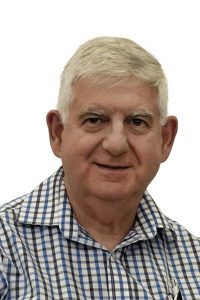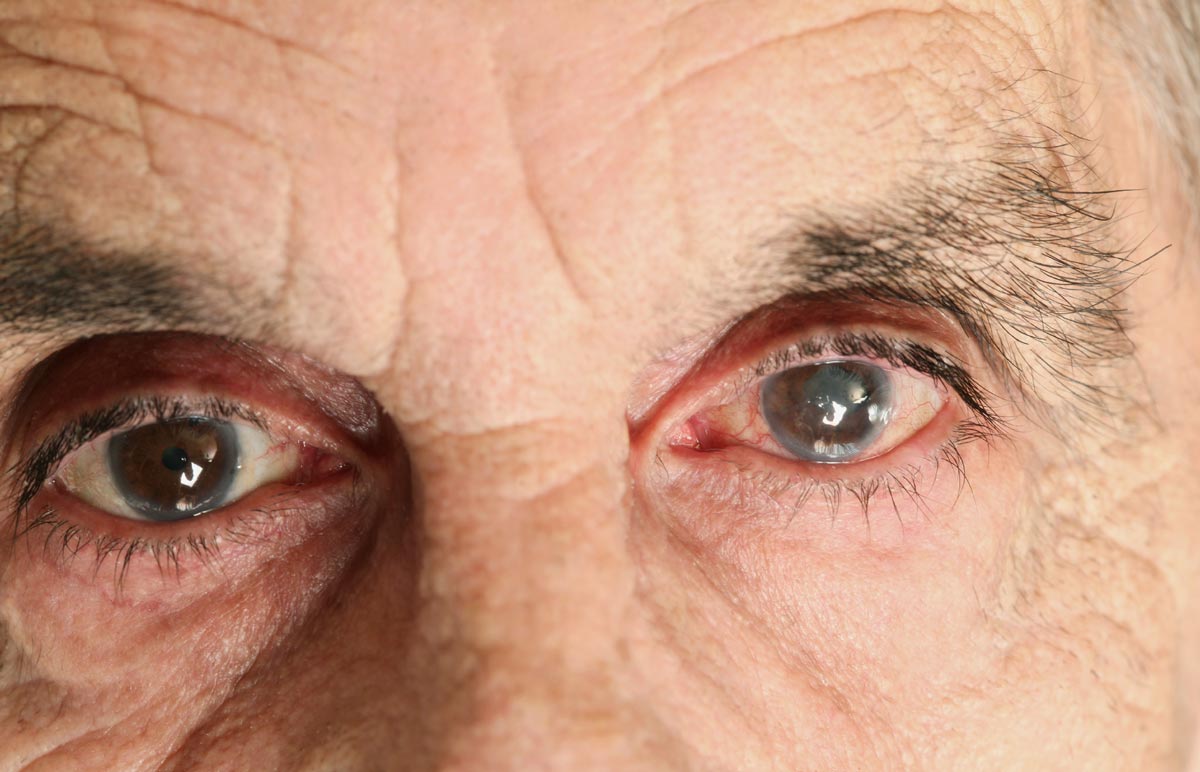
The issues around end of life care have come into prominence with the WA Government review on End of Life Choices. As a Silver Chain Palliative Care doctor with at least 15 years’ experience of looking after people wanting to die at home, I offer these thoughts for consideration.
I have seen many people suffering with the disabling effects of terminal disease including people with advanced degenerative neurological diseases and paediatric palliative care. Many experienced varying degrees of pain and other disabling symptoms, and I worked with them and their families and friends as they faced the unknown.
There is a mystery at the heart of existence. Birth and death are the bookends of life. We don’t know where we have come from nor where we are going. There are biological descriptions for what is happening, but they don’t give us the deeper answers we seek. There are religious perspectives on what is happening, but these are matters of faith and belief, not objective science.
In our goal of relieving suffering, we have powerful and effective drugs at our disposal. However, they do not eliminate the existential distress that comes with the loss of function.
There are two facets of palliative care that seem to become intermingled. The symptoms associated with advanced cancer can cause pain, nausea and various other disabling symptoms which are related to the biology of the disease.
However, the disease resides in a person and when confronted with the end of their lives and not being able to do what they want, it is this experience and perception of disease that causes suffering.
While we may relieve pain, we do not necessarily relieve suffering. This calls for an entirely different set of skills related to understanding and connecting with the person, as well as personal insight.
Many people are fearful of what will happen to them as they approach the end of their lives and, in their fear and uncertainty, seek a solution (euthanasia) in which they can determine what will happen and when it will happen.
Good palliative care can give substantial relief as people approach the end of life. I have seen many people who have, once their pain has been relieved, return to enjoying life and doing what matters to them.
Not every person with cancer has pain. There is no difficulty if someone wishes to refuse treatment for cancer and their voluntary decisions are to be respected.
As people age and approach the end of their lives, they are incredibly vulnerable in so many ways. They do not want to be a burden on those who care for them (family and health professionals), and it would be easy in this situation for the person who is dying to ease the suffering of those around them by ending their lives.
This is not sensible decision making, I will kill myself so you don’t have to suffer.
Others have an imagination, fuelled by media stories of intolerable pain, of what might happen as they approach the end of their lives and in this understandable fear want to end the uncertainty. As physicians, our personal response to the challenge of caring for patients with life limiting illness, can affect our patients.
Everyone experiences suffering, it is a part of life. GPs help people through many forms of suffering: major disability, divorce, isolation, homelessness and other major life adjustments. Facing life-limiting illness is yet another area where we can help because of our ongoing relationship with the people we care for.
Our role as doctors is to preserve life and maintain hope, even in the face of death. There is a motto I learned in medical school, “to cure sometimes, to relieve often, to care always”. To confuse killing someone with caring is to misunderstand our role as physicians, and the essential difference between allowing nature to take its course and honouring someone’s life and actively ending that life. While treatment with narcotics may shorten life, what matters is the motivation behind the decision to alleviate suffering.
We can also help those who are suffering to find meaning in their lives; to help them find a way through with courage and acceptance, and to maintain hope, not for a cure but perhaps for inner peace.
For the families of those who are dying, high quality palliative care can help someone give the gift of a gentle dying to the next generation. Dr Victor Frankl, the author of Man’s Search for Meaning, discovered through his experience in the Nazi concentration camps how a person who has a reason to survive can endure almost anything. When people have a sense of the purpose of their lives, or a sense of completion of their lives, it can make what is happening easier to bear. On another occasion Frankl said: “It did not matter what we expected of life, but rather what life expected of us.”
References available upon on request


